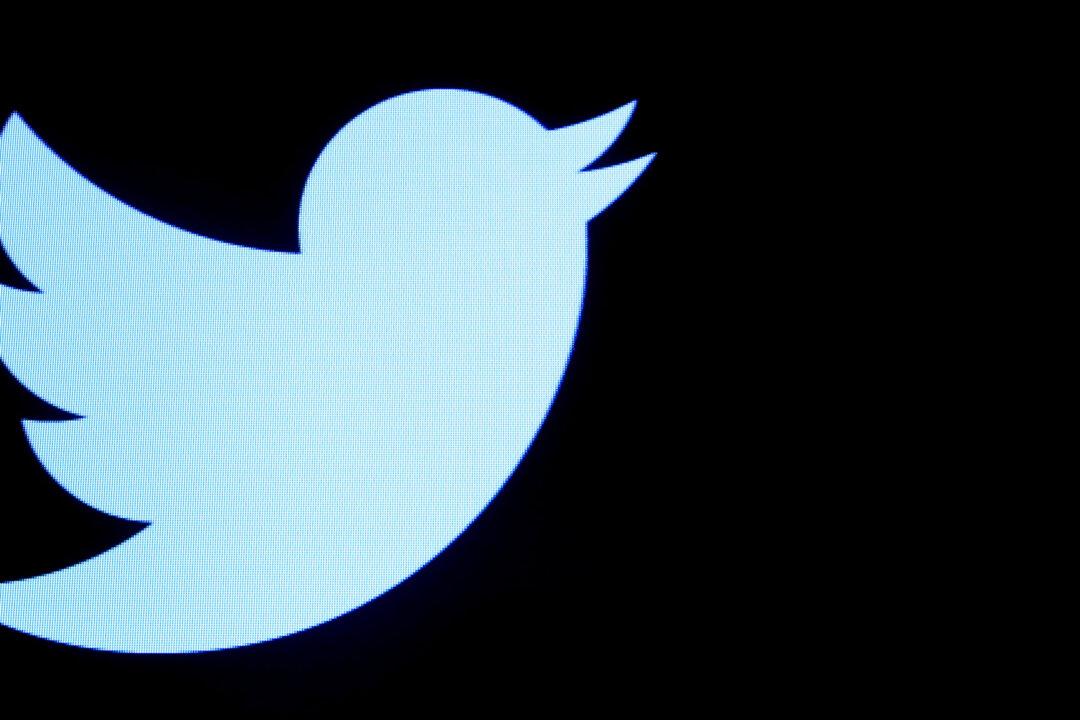Guerrilla style social media campaigns have been identified as part of a drive to leverage negative media portrayals of the United States to “denigrate” the country’s standing domestically and internationally.
In an August report (pdf) by the Australian Strategic Policy Institute (ASPI), the think-tank identified a series of “unsophisticated” Twitter and Facebook campaigns that attempted to amplify racial tension and stir up criticism of the handling of the CCP virus outbreak and the Trump presidency in the United States.





